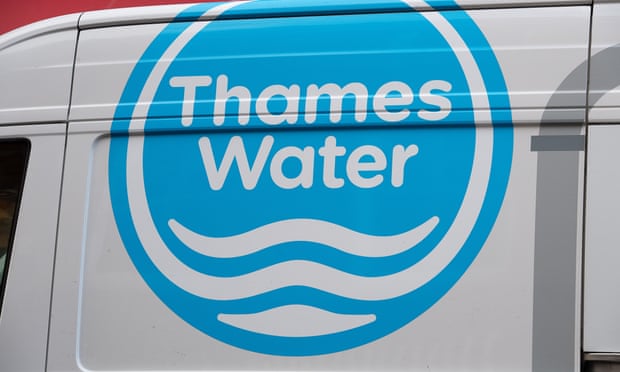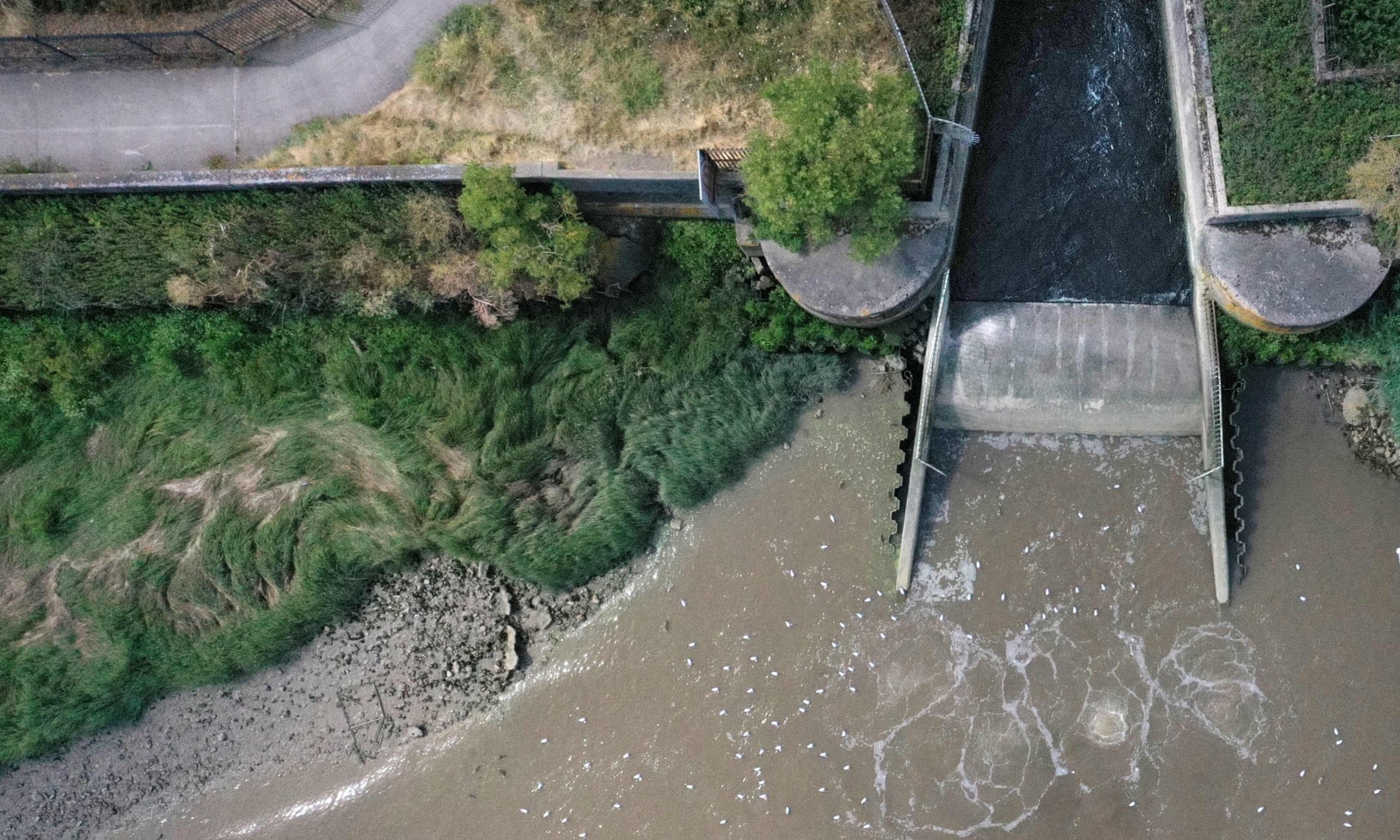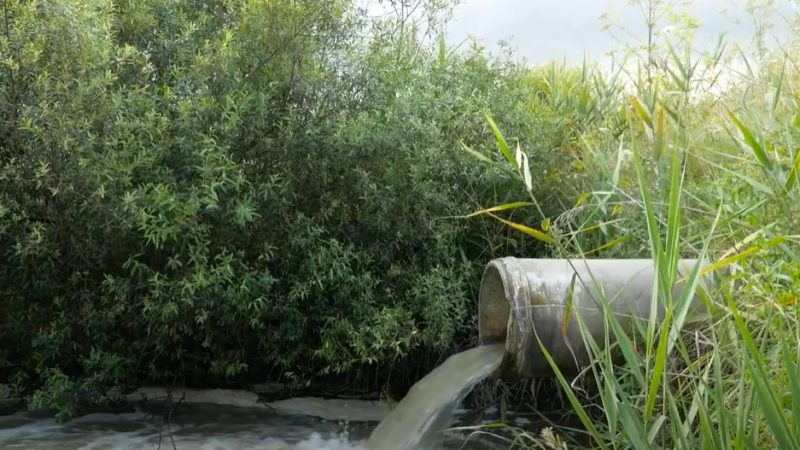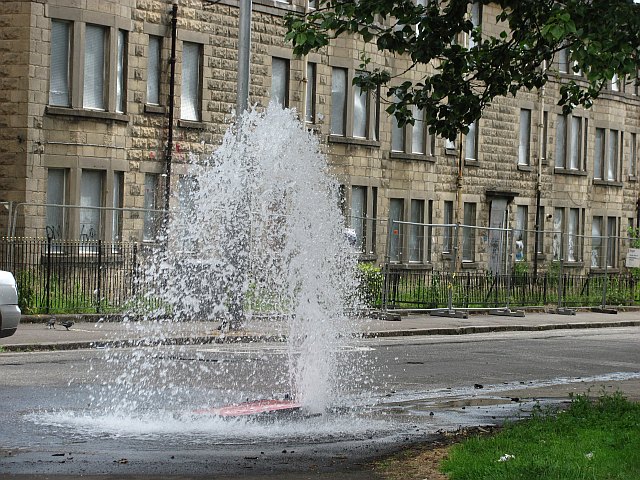Fresh crisis for Thames Water as investors pull plug on £500m of funding

Decision raises concerns about financial future of UK’s biggest water company
Investors at Thames Water have pulled the plug on £500m of emergency funding, raising concerns about the financial future of the country’s largest water company.
The beleaguered utilities firm announced this morning that its shareholders had refused to provide the first tranche of £750m funding set to secure its short-term cashflow, after the company had failed to meet certain conditions.
…
The crisis for Thames Water comes after devastating data on the scale of raw sewage discharges into rivers and seas this week.
Thames Water, who admit in their business plan they have been “sweating assets”, oversaw a 163% [increase?] in the duration of sewage dumping into rivers as their creaking infrastructure failed to cope with rainfall levels.
Thames is also at the centre of a major investigation by the water regulator Ofwat into sewage dumping from its treatment works, which could lead to massive financial penalties being imposed on the company.
…
Thames Water said on Wednesday that investors believed the conditions of funding had not been met and the £500m of new equity would not be handed over in the coming days.
A statement on behalf of Thames’s shareholders appeared to blame Ofwat: “After more than a year of negotiations with the regulator, Ofwat has not been prepared to provide the necessary regulatory support for a business plan which ultimately addresses the issues that Thames Water faces. As a result, shareholders are not in a position to provide further funding to Thames Water.
“Shareholders will work constructively with Thames Water, Ofwat and government on how to address the consequences of Ofwat’s decision.”
…


